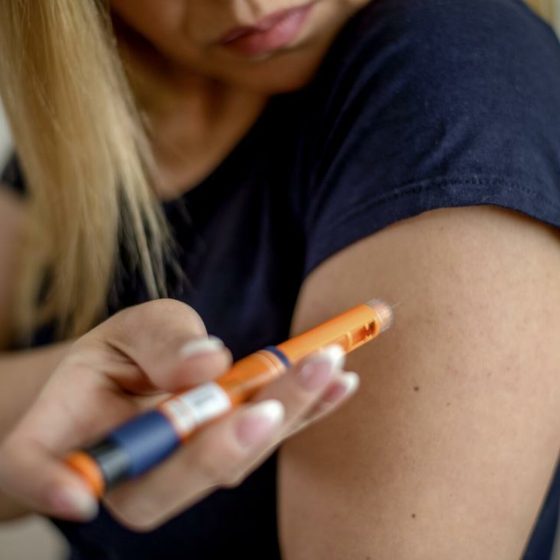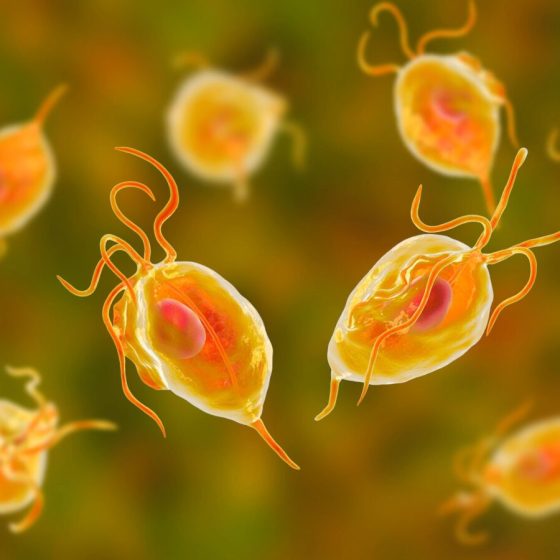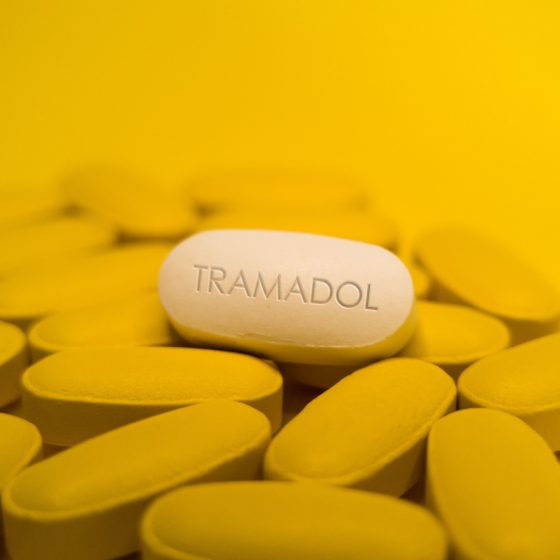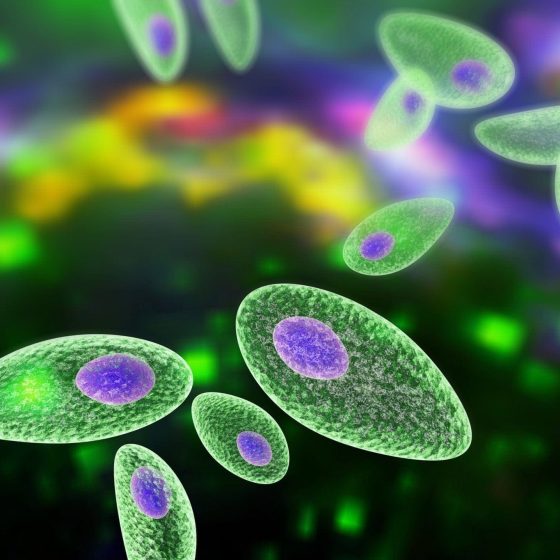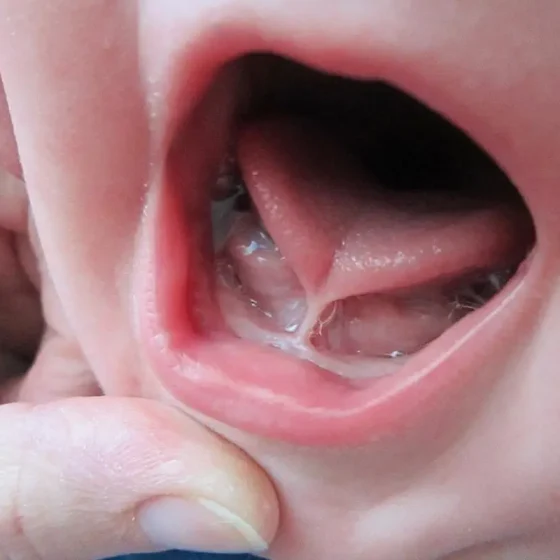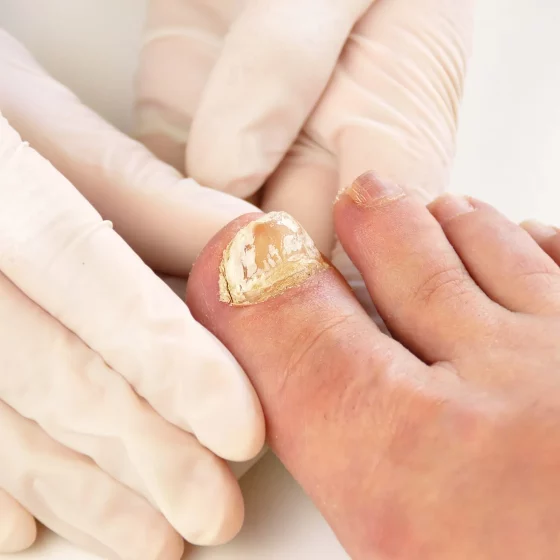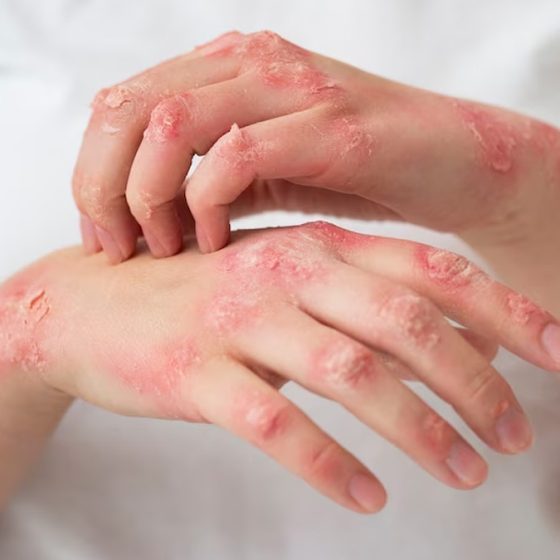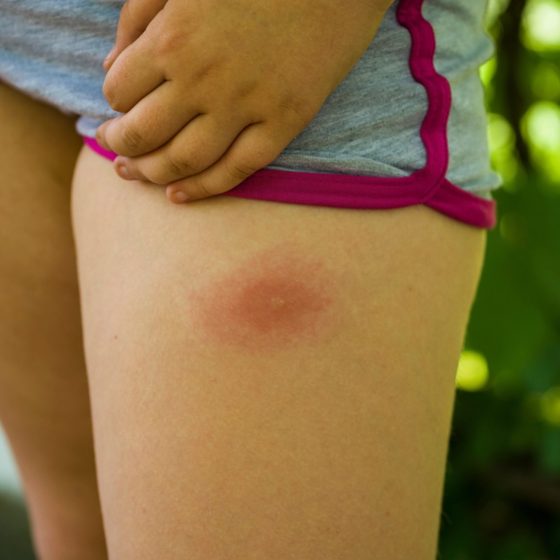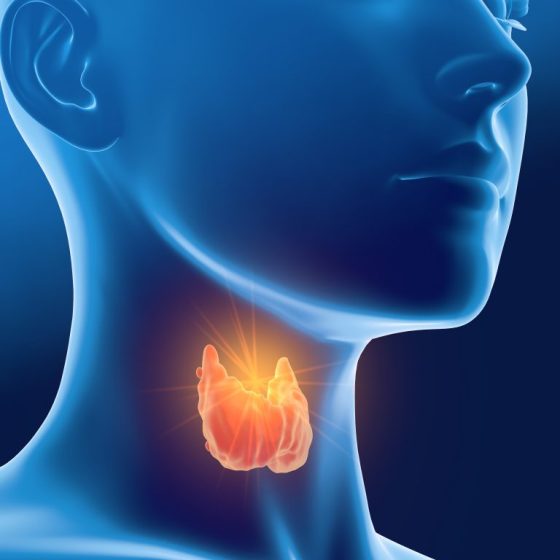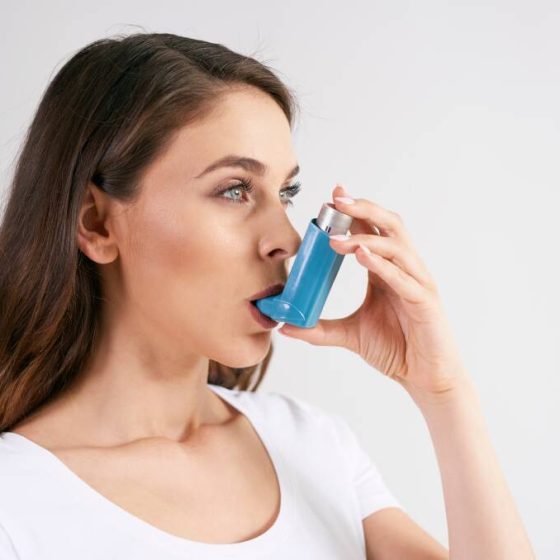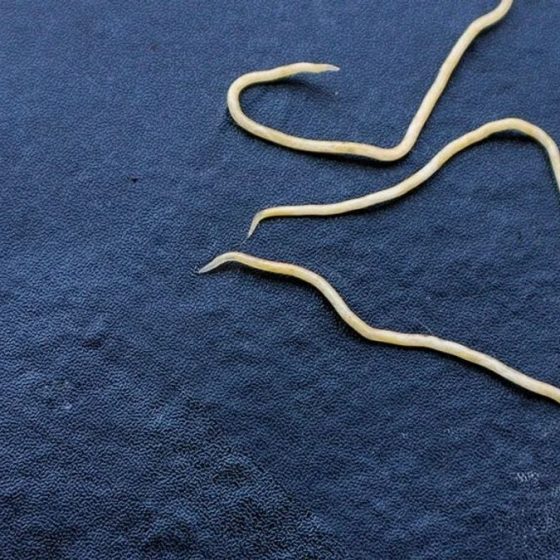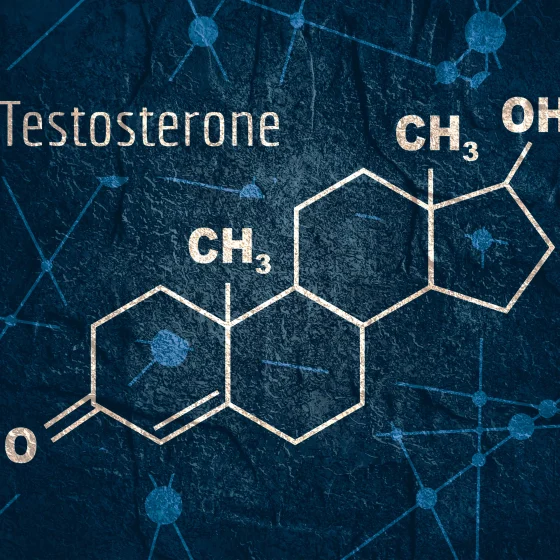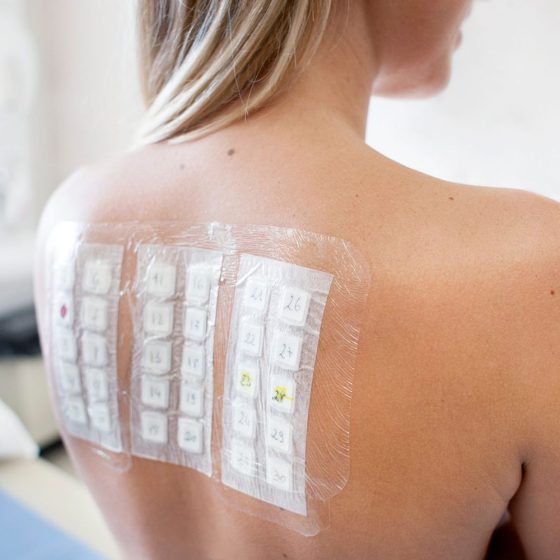Typhoid
What are typhoid and paratyphoid? Typhoid fever is caused by salmonella typhi bacteria. It can become life-threatening if not treated. Paratyphoid fever is caused by salmonella paratyphi bacteria. The bacteria are usually spread through food or water that is contaminated by faeces (poo) or urine (wee). Typhoid fever and paratyphoid fever are most common in parts of: Africa Asia Latin America the Middle East the Pacific Islands In Australia, more than 9 out of 10 cases of typhoid fever are caught overseas. What are the symptoms of typhoid and paratyphoid fever? Typhoid and paratyphoid fever have similar symptoms, but paratyphoid is milder. The symptoms


